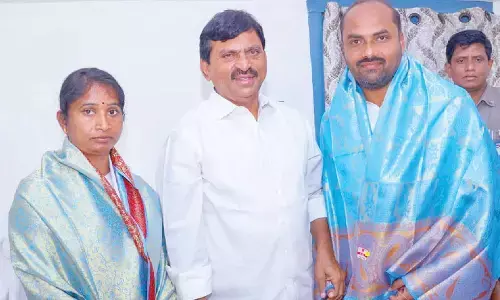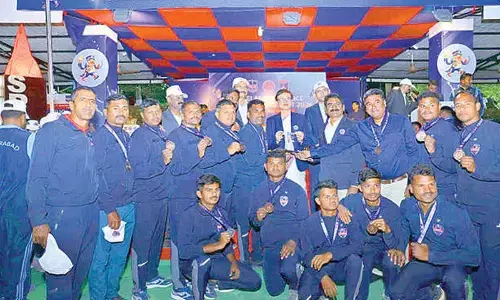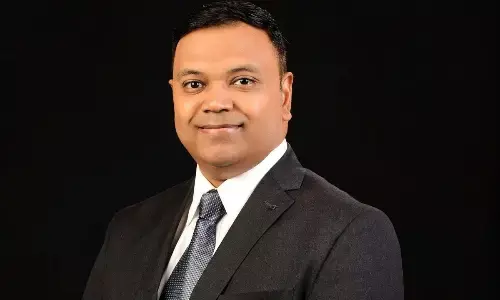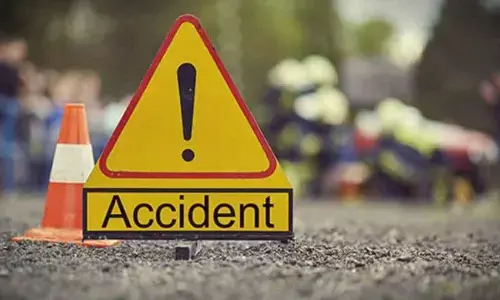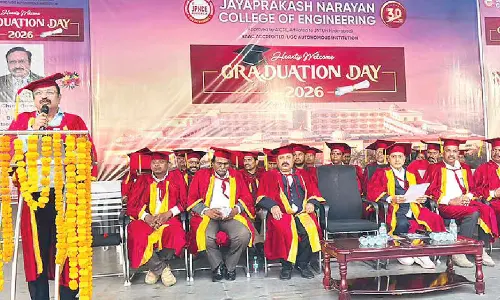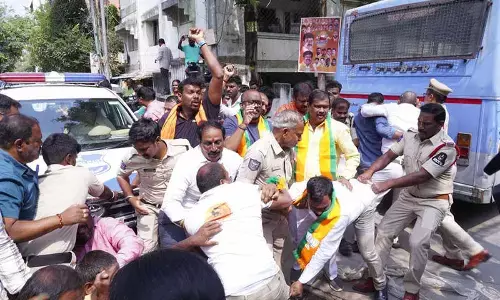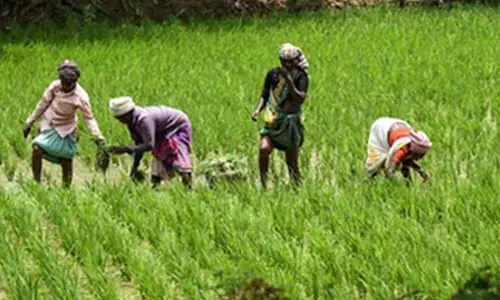Tug of war between BCI, varsities will lead nowhere
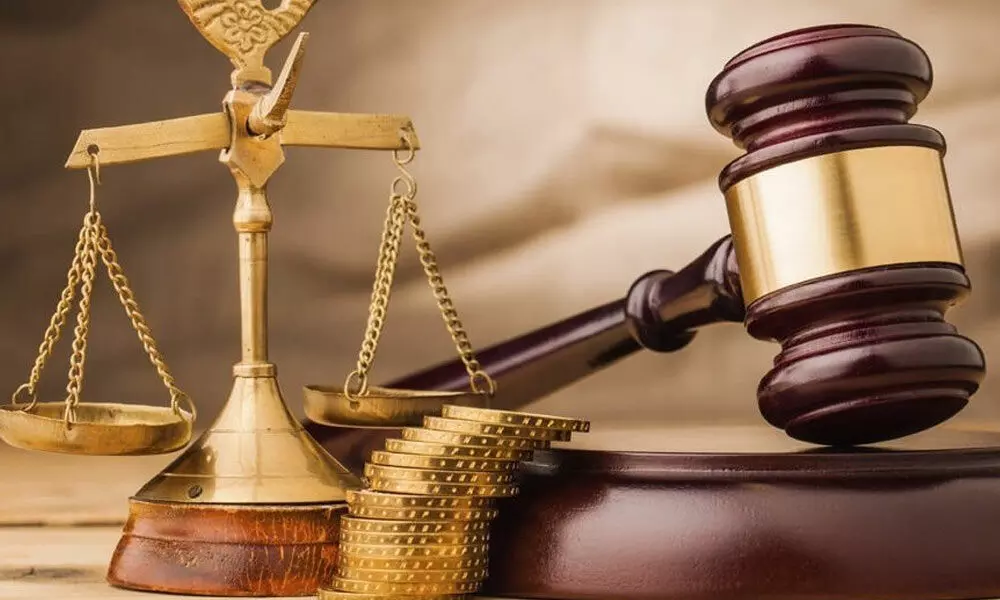
Really there is no democracy in India, Rahul ?
The ongoing tussle between the Bar Council of India and the consortium of law universities over regulation of LLM course is to say the least unwarranted
The ongoing tussle between the Bar Council of India and the consortium of law universities over regulation of LLM course is to say the least unwarranted.
It is unfortunate that august bodies entrusted with the common task of achieving higher standards of legal education have locked horns over LLM course. In fact, the disputes, if any, stemmed from the ego of the respecting law organisations rather than any substantial or serious matter of dispute. The real issue seems to be establishing the supremacy and this will decide who will call the shots in the future.
Going by the statute, the Advocates Act-1961 which gives teeth to the BCI allows it to promote legal education and lay down standards of such education in consultation with the universities in India imparting such education and the State Bar Councils. Thus, the BCI is fully empowered to embark upon a course for achieving excellence in higher education, particularly the legal education. The position of the universities is of the consultative nature. Therefore, there is no question of monopolising higher education by the universities.
This legal position has been further clarified by the fact the BCI has jurisdiction over the universities to inspect the colleges imparting legal education and recognise the degrees awarded by them. This position further reinforced by the mandate given to the BCI for recognising foreign qualifications and organising events in the field of law. Therefore, in the interest of legal profession and future of judiciary, it is desirable that both the statuary bodies, namely the BCI and the universities, cooperate with each other and supplement each other's efforts rather than indulging in unnecessary acrimony.
Right to protest is not absolute, clarifies SC
Dismissing the review petition against the Shaheenbagh judgement, the Supreme Court stated that the right to protest was no absolute and unlimited and there was no right to protest anytime anywhere.
A three-judge bench comprising Justice Sanjay Kishan Kaur, Justice Niruddha Bose and Justice Krishna Murari held: "We have considered the earlier judicial pronouncement and recorded our opinion that the constitutional scheme come with the right to protest and express decent, but with an obligation to have certain duties. There may be some spontaneous protests, but in case of long decent or protest, there cannot be continued occupation of public place affecting rights of others."
Hope after this unequivocal clarification by the apex court on the vital subject of right to protest, the powers that be in the government must turn courage to strike against road blockers masquerading as farmers and causing untold misery to other passers-by.
Hike in alimony if husband's income spurts
In a judgment delivered on February 9, the Punjab and Haryana High Court hailed that the wife is entitled to an increase in alimony if the husband's salary increases even after the divorce.
Dismissing a petition filed by a husband, Varun Jagota, Justice HS Madan upheld the order of the family court increasing wife's interim allowance from Rs 20,000 to Rs 28,000 consequent upon an increase in the salary of husband from Rs 95,000 to Rs 1,14,000.
Action against AP CM demanded
The Rajya Sabha member Kanakamedala Ravindra Kumar, in a letter, addressed to the Chairman of the Rajya Sabha has expressed anguish over the allegations made by V Vijayasai Reddy, another MP, against the Chairman of the House on February 8. "This came as a shocker to all those who respect our parliamentary democracy and hold the Presiding Officers in the higher esteem," said Kumar.
In his five-page letter, Kumar came down heavily on the arm-twisting tactics allegedly adopted by the present government in Andhra Pradesh. Stating that the Judges of the High Court of AP were being subjected to insult and abuse as several unsustainable orders of the State government have been overturned by the court, the MP added that the State government had brazenly removed the State Election Commissioner, a constitutional functionary, after he called off the elections to local bodies. It was only after the intervention of the High Court that the SEC was reinstated.
Kumar vehemently demanded immediate action for the misconduct against V Vijayasai Reddy who has denigrated the august office of the Chairman.
MP High Court rejects stay plea against 'Tandav'
The Madhya Pradesh High Court on February 8 disposed off a plea seeking direction to stop streaming of the web series, titled Tandav from the Amazon's OTT platform, Prime Video, hearing the plea of one Aditya Tiwari.
SC on injunction
Affirming the Madras High Court judgement, the Supreme Court recently held that even a trespasser who was in establish possession of the property could obtain injunction. A three-Judge bench comprising Justice Ashok Bhushan, Justice R Subhash Reddy and Justice MR Shah in A Subrahmanyan vs R Pannerselvam case observed that it was a common principle of law that even trespasser, who was in establish possession of the property could obtain injunction. However, the matter would be different if the plaintiff himself elaborated in the plaint about title dispute and failed to make a prayer for declaration of title along with injunction relief.


